Mozambique: UEM hands over 504 laptops to STEM students
Terrorism in Cabo Delgado: “The enemy has a face, is Mozambican and played football with us”
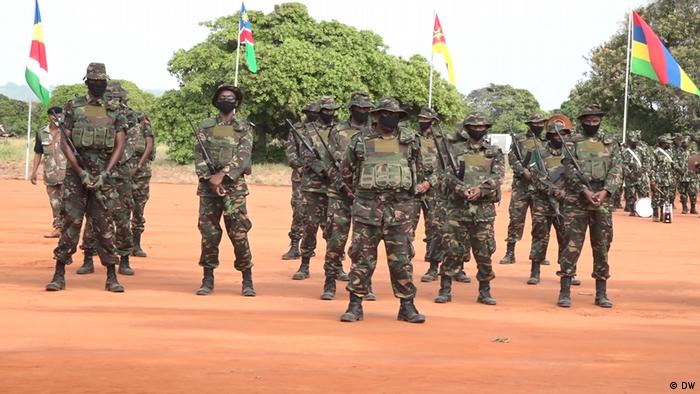
FILE - Foreign forces support Mozambique in fighting armed groups in Cabo Delgado. [File photo: DW]
- A recent report by the Observatorio do Meio Rural (OMR) calls into question the Mozambican government’s apparent unwillingness to negotiate with the insurgents who are destabilising Cabo Delgado. “The text demonstrates that negotiating spaces can be created, provided there is political will on both sides to engage in dialogue,” the papers’ author João Feijó says.
In an interview with DW Africa, the OMR researcher says that terrorists carrying out armed attacks in Cabo Delgado are Mozambicans well known to the local communities.
A recent OMR study, entitled “From the faceless enemy to the hypothesis of dialogue: Pretensions and channels of communication with the machababos“, presents the biographies of some of the main figures commanding the insurgency in Cabo Delgado. Some of them have been named and sanctioned by the United States of America, dispelling the myth that the individuals behind the insurgency are not known.
Feijó says that communication channels exist that can be exploited by the government to begin negotiations with the insurgents.

DW AFRICA: Almost four years after the start of the insurgency, can it not be concluded that there is no political will to negotiate?
João Feijó (JF): There is an official speech by the Government of Mozambique that the enemy has no face, we don’t know what they want, there are no channels of communication. We want to demonstrate that the enemy has flesh and blood. They are common people, known to local society. They have a list of demands that, although poorly structured and immature, does exist. Thirdly, we want to show that there are channels of communication. Regarding dialogue, we believe that it should be understood not as a simply formal form, in the sense of negotiation sitting at the table, but as a broader thing, which may include the possibility of releasing hostages or kidnapped people. But it can also include assistance to people who are in the insurgency zones. In other words, a comprehensive negotiation, which must include the possibility of rethinking the development model.
DW AFRICA: The Rural Environment Observatory indicates the names of those involved in the insurgencies. The US has also named them and even sanctioned them. Shouldn’t this be a motivating element for the authorities to move towards negotiations with the insurgents?
JF: What matters is demystifying the idea that the enemy has no face. The enemy is Mozambican, is a person who was born among us, who played football with us, who studied with us and who, at a certain point, became radicalised and explored the social contradictions existing in Mozambican society.
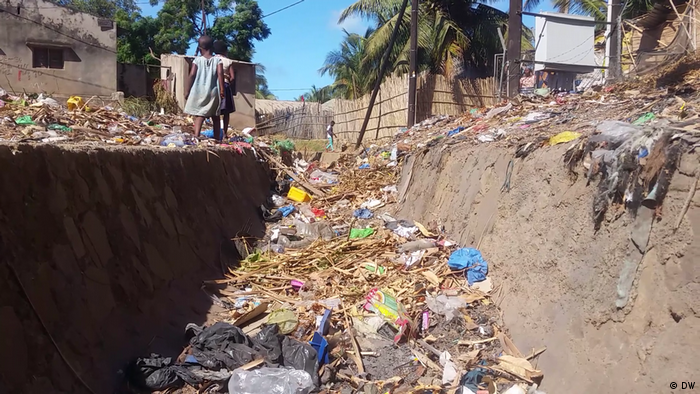
I think that both the United States report and this current report provide matter for national reflection, not only by the Mozambican government, in the sense of broadening horizons and creating a new paradigm of reflection, one which is less bellicose and which creates spaces for negotiations.
DW AFRICA: May the fact that the former President of Mozambique, Joaquim Chissano, has called for negotiations, make the regime move towards this option?
JF: Without a doubt. President Joaquim Chissano is someone who has a great deal of experience in terms of governance in Mozambique and in terms of conflict management. He is someone who, when he came to power, inherited a war between the government and Renamo, in which positions were very extreme. In this context, he [Chissano] swam against the current and created new paradigms of reflection and the conditions to allow the meetings of Rome to take place and the conflicting parties to sit down and reflect on a country they have in common.
DW AFRICA: Are we facing a repetition of Frelimo’s approach of relative arrogance in branding its opponents terrorists or armed bandits?
JF: Yes. In fact, that obstacle exists in the negotiations between the ruling party and the opposition. But it is an obstacle that is transversal to all Mozambican society and derives from our own culture of power. That is, we see power, not as a relationship, not as a space in which we have to negotiate, but as something we have to possess. We look at the possibility of making concessions as a sign of weakness. Hence, when we have this arrogant political culture, it becomes difficult to enter a negotiation space, because we already enter the space with a dominant attitude. I think this can be a lesson not only for the Government of Mozambique, but for society as a whole.


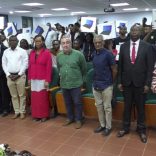
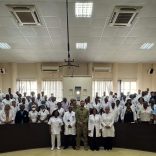


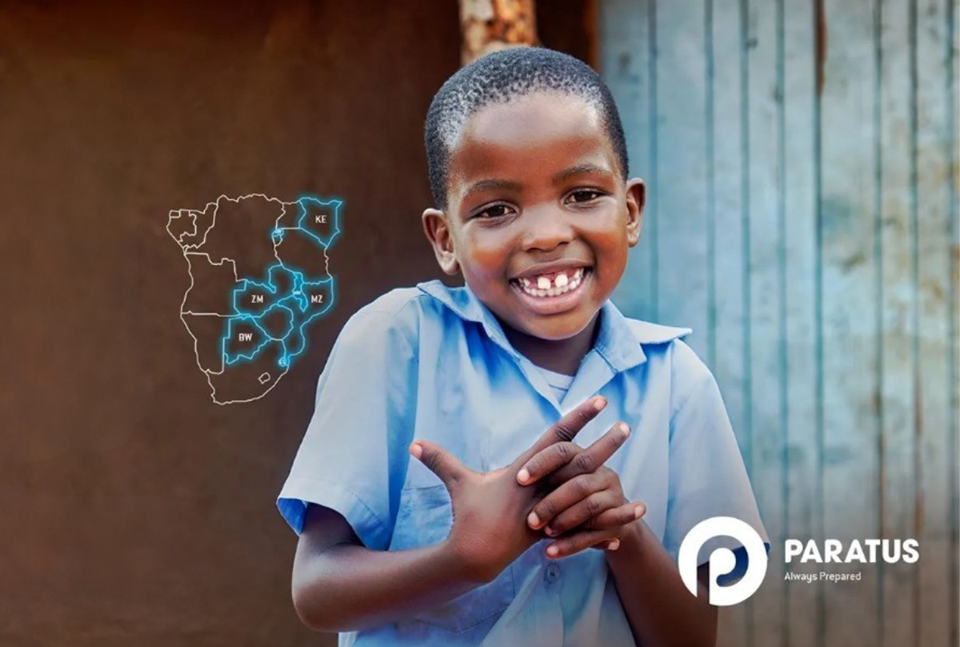





Leave a Reply
Be the First to Comment!
You must be logged in to post a comment.
You must be logged in to post a comment.